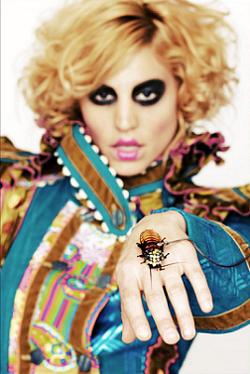Formality and interpretation
I've been reading Stanley Fish's 1989 collection of essays, Doing What Comes Naturally: Change, Rhetoric, and the Practice of Theory in Literary and Legal Studies. It's not yet clear to me what he's for, exactly — I'm reminded of the old joke about the post-modern gang leader who makes you an offer that you can't understand — but it's clear what he's against, namely the idea that texts have meanings:
The objective facts and rules of calculation that are to ground interpretation and render it principled are themselves interpretive products: they are, therefore, always and already contaminated by the interested judgments they claim to transcend. [Consequences]
This is not a small point, in his view:
It might seem that the thesis that there is no such thing as literal meaning is a limited one, of interest mainly to linguists and philosophers of language; but in fact it is thesis whose implications are almost boundless, for they extend to the very underpinnings of the universe as it is understood by persons of a certain cast of mind. [Introduction: Going Down The Anti-Formalist Road]
The "cast of mind" in question is, roughly, science and the idea that rational inquiry can lead towards truth — the whole Enlightenment project. But in the passage just quoted, he's discussing a much more specific argument, made by Ruth Kempson in her 1975 book Presupposition and the delimitation of semantics.
Fish uses an argument from this book as the rhetorical backbone of his 33-page lead-off essay "Introduction: Going Down the Anti-Formalist Road". And it's therefore embarrassing (for him) that he's misunderstood the context (and thus the content) of her work, in a way that makes her argument at best irrelevant to the point that he wants to use it to make.
Read the rest of this entry »



